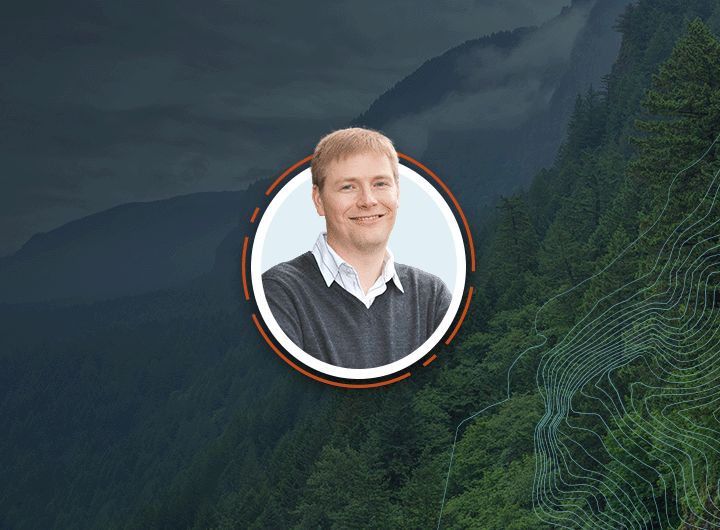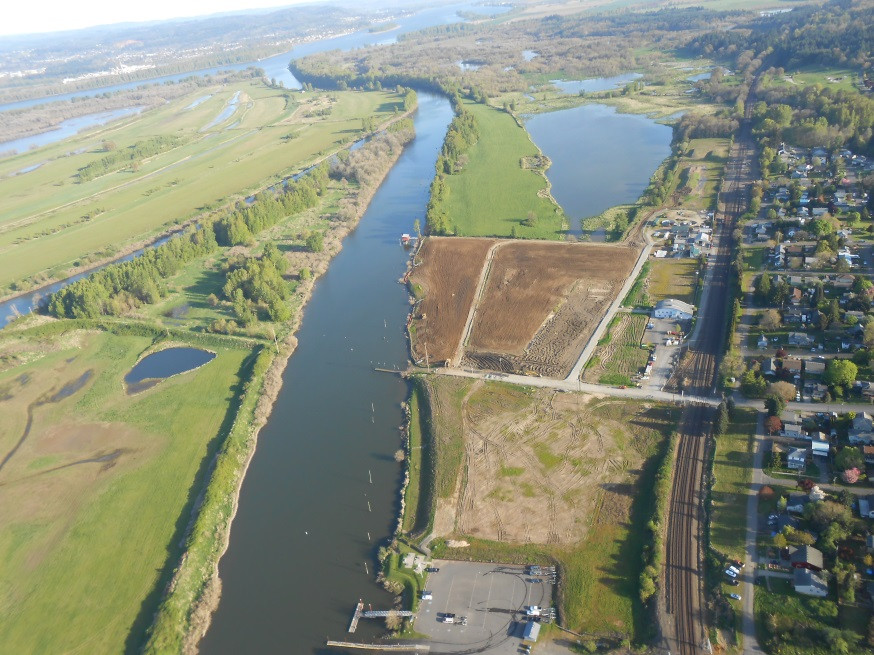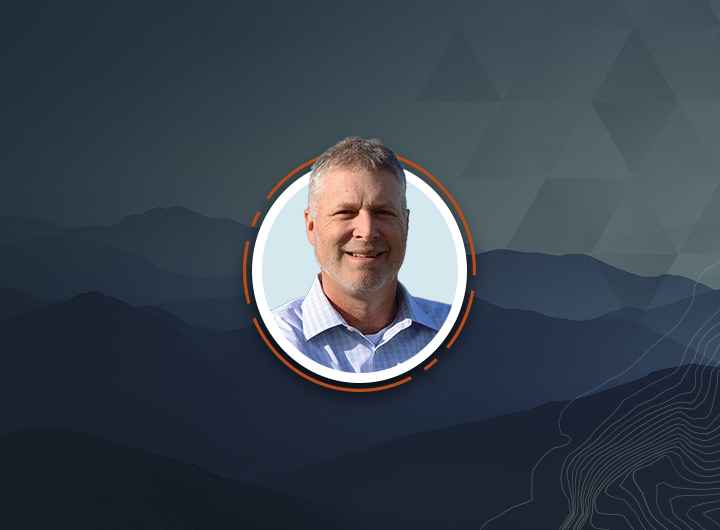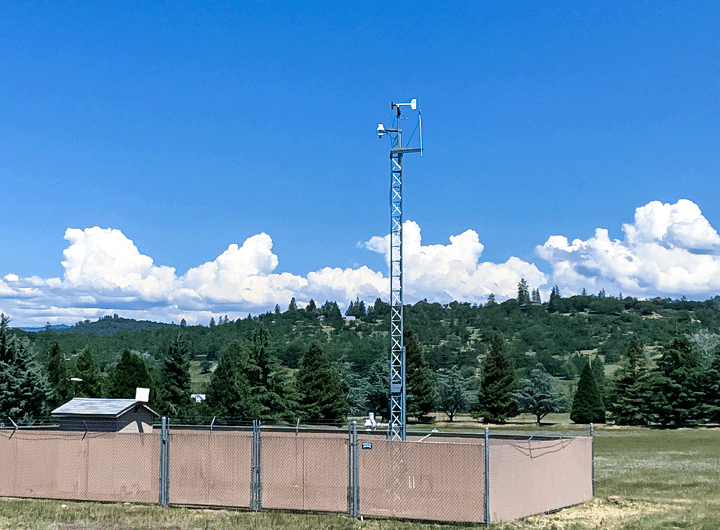Culture
Meet Phil Wiescher, Senior Environmental Scientist

Where are you from and where do you live now?
I grew up in Indiana. It was very flat and I like the mountains so I decided to head west for college in Eugene and then Utah. I worked in the Portland MFA office for eight years and moved to the Bellingham office in February 2019.
What do you do at MFA?
It depends on what day you ask me. In general, I focus on remedial investigation and risk assessment—I try to figure out what type of contamination is present, where it is, how harmful it is to people and the environment, and how to best clean it up. I also provide strategic and litigation support for complex sites.
What’s rewarding about your job?
The diversity. I work on sites all over the Pacific Northwest, all of which have unique challenges and opportunities. I get to work with a wide variety industries and organizations, in different geographies, with all types of folks. This keeps it interesting and I always get to learn new things.
Why is what you do important?
At a very basic level, the environment and industry provide the resources we ultimately rely on. These include economic goods, clean water and air, and habitat that supports the awesome Pacific Northwest ecology. I get to work on ways to best meet the economic and environmental goals that satisfy our needs.
What skills do you bring to your work?
I think I balance technical and strategic thinking well. What I mean by this is that while I often get into the weeds with complex questions, I just as often take a step back and ask the question of what we need to be doing to achieve the overall goals. This helps ensure efficient and technically supported outcomes, of which I am a big fan.
As a PhD biologist, I also bring some unique experience in the ecological, environmental, toxicology, and data analysis fields. My background in aquatic biology and toxicology makes me a pretty effective team member on projects like the Port of Ridgefield sediment remedies conducted in a river and a national wildlife refuge, because I can integrate understanding of contaminant transport and biology to assess potential risks to receptors.
What do you like to do off the clock?
I like to climb at least 150,000 vertical feet per year outdoors. When there’s snow, I snowboard back down. When there’s no snow, I mountain bike back down. Also, hiking with my family and finding new swimming holes is a very good time.
If you were not an environmental scientist, what would you be?
Not sure, but teaching biology at the college level would be a good bet.
What’s on your bucket list?
Summiting a 14,000-footer with my boys (they’re 1 and 4, so it might have to wait a couple years), completing a solo 24-hour mountain bike race, and I have about 50 books I’ve yet to get to. But I will, one day.



